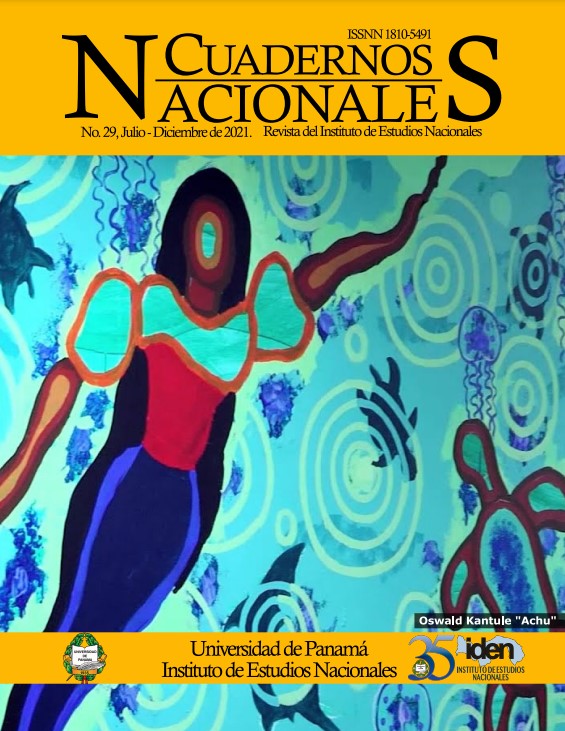

In the few occasions where specialized critics have studied Panamá es una tacita de oro (1946) by Ricardo “Fito” Aguilera, they have only highlighted its social aspect and its denunciation of the peasant problem. Consequently, the story has been understood as a minor sample of regionalism in Panama. However, if analyzed carefully, Aguilera’s work shows important differences that question its inclusion without nuances in this tendency. Unlike the typical regionalist novel, Panamá es una tacita de oro does not establish a new definition of the popular class as true bearer of the national essence, nor is the narrator conceived as a paradigm of this social sector. Quite the opposite, in his story, Aguilera projects the vision that the educated urban class had of the rural worker. This research tries to demonstrate this assertion by analyzing the way in which the narrator describes the protagonist, and the solutions that are offered to amend the agrarian problem. It is concluded that said description is determined by a central contradiction. While the peasant is defended by the narrator, he is at the same time prejudicially scrutinized: through derogatory language, he is animalized and degraded for his lack of education and manners. The solutions proposed for this conflict are more related with capitalist developmentalism than with those of a radical and revolutionary nature.